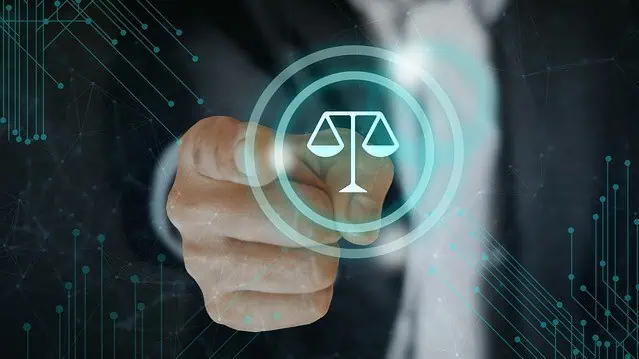
The United States is preparing to debate a new bill focused on regulating the crypto market, beyond stablecoins, with the goal of providing regulatory clarity for all participants.
According to several reports, the House Financial Services Committee is in the process of introduce a new bill intended to establish a defined regulatory framework for the entire cryptocurrency market.
The initiative, according to experts, could be introduced soon with the intention of addressing the complexities inherent in digital assets and providing clarity for both companies in the sector and investors.
BUY BITCOIN ON BIT2MEUnited States: Toward a legal framework for the entire crypto ecosystem
So far, US lawmakers are debating specific laws that seek to regulate stablecoin operations, but they have not yet agreed on a bill to regulate the overall crypto market structure, as mandated by President Donald Trump in the executive order signed in January.
As reported by this media, the White House issued a release with President Trump's order to strengthen U.S. leadership in the digital industry. The order recognizes the key role of the crypto industry in innovation and economic development in the United States, underscoring the need to "provide regulatory clarity and certainty based on technology-neutral regulations, frameworks that account for emerging technologies, transparent decision-making, and well-defined jurisdictional regulatory boundaries, all of which are essential to supporting a vibrant and inclusive digital economy and innovation in digital assets, permissionless blockchains, and distributed ledger technologies."
In response to this mandate, US lawmakers are preparing to introduce a new market structure bill, which regulates cryptocurrencies and provides legal clarity to all participants, beyond stablecoin issuers.

Main Cryptocurrencies Course
Basic levelBit2Me Academy brings you a new course in which you will learn everything you need about the most important cryptocurrencies that exist today.
According to Bloomberg, firms like venture capitalist Andreessen Horowitz (a16z) have been supporting various legislative initiatives to accelerate the arrival of market-wide crypto regulation.
This legislative debate is relevant at a time when the cryptocurrency industry is experiencing significant growth and increased adoption by the general public. Therefore, the lack of a clear regulatory framework has generated uncertainty and hindered responsible innovation in the sector, underscoring the need for clear rules that allow for the continued development of the market in the United States, provide investor protection, and boost the country's leadership in digital assets and financial technology.
TRADE WITH CONFIDENCE – GO TO BIT2ME LIFEKey points of the bill: What will change in crypto regulation?
The new cryptocurrency market structure bill, still without a confirmed name, is shaping up to be a Evolution of the Financial Innovation and Technology Act for the 21st Century (FITXNUMX), which has already been voted on in the House of Representatives and seeks to clarify the jurisdiction between the SEC and the CFTC, as well as establish clear rules for determining when a digital asset is considered a security or a commodity. However, the fundamental difference lies in the definition of "decentralization."
According to experts, this distinction is crucial, as it could redefine the concept of decentralization and, therefore, the regulatory scope of digital assets in the United States. This nuance, in turn, seeks to prevent founders or developers from having to prematurely disengage from their projects to evade SEC regulation, allowing them to continue contributing in the early stages without fear of regulatory sanctions.
United States: Toward a Comprehensive Framework for the Crypto Ecosystem
The design of the new draft law has been influenced by proposals from A16z and is inspired by the Marriage Proposal SEC Commissioner Hester Peirce’s “Safe Harbor” proposal, which suggests a grace period for token projects to achieve decentralization before becoming subject to strict regulation.
Thus, the bill in question would focus on an entity's actual ability to prevent the use of the protocol, codify exclusive privileges, or make significant unilateral changes, rather than limiting itself to the distribution of tokens or voting power. Furthermore, the draft contemplates disclosure and transparency requirements, aligned with a16z's recommendations on consumer protection and legal recognition of DAOs, as well as tax and regulatory harmonization in the field of decentralized finance.
This redefinition of decentralization and the emphasis on transparency represent A paradigm shift for the crypto ecosystem in the United States, aimed at fostering innovation without sacrificing investor protection or market integrity.
TRADE WITH STABLECOINSIn conclusion, the Crypto Market Structure Bill represents a significant effort by lawmakers to establish a clear regulatory framework tailored to the decentralized nature of these digital assets.
Investing in cryptoassets is not fully regulated, may not be suitable for retail investors due to high volatility and there is a risk of losing all invested amounts.


